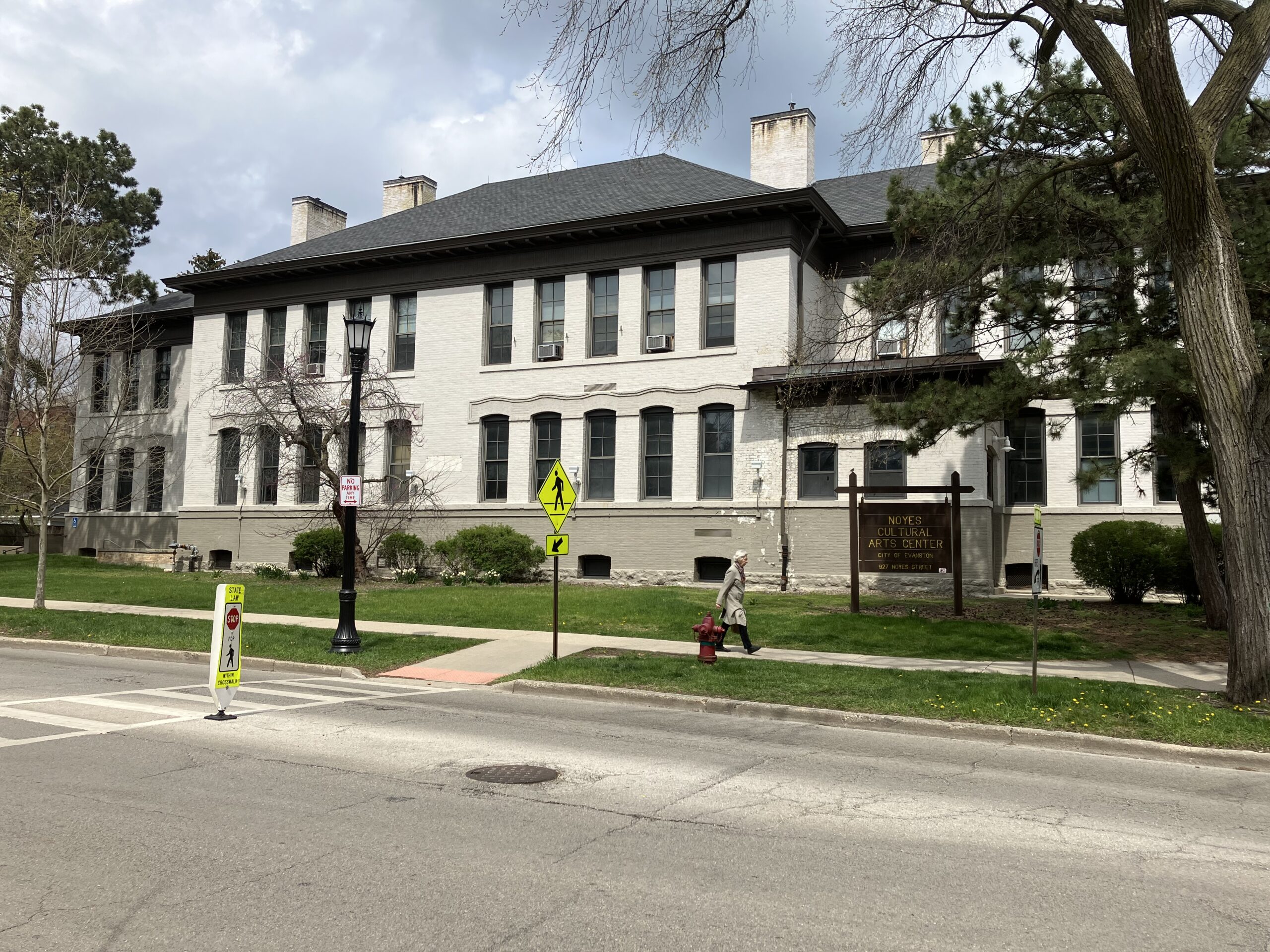By Bob Seidenberg
A unanimous City Council voted July 24 to order a study of how to remove potentially harmful chemicals that have been found in the city’s water supply.
The vote authorizes staff to move forward with an agreement with Chicago-based CDM Smith to provide treatment study services at a cost not to exceed $1.572 million.
The move comes in the wake of an order from the U.S. Environmental Protection Agency in March proposing to establish legally enforceable levels for PFAS, also known as “forever chemicals,” which have been linked to cancer, liver damage, high blood pressure and other health risks.
The study is intended to determine options to remove detected levels of PFAS – perfluorooctanoic acid (PFOS) and perfluorooctane sulfonic acid (PFOA) – that have been found in the water supply.
In December 2021, the Illinois Environmental Protection Agency notified the city that tests showed Evanston’s water supply exceeded the guidance level of 2.0 parts per trillion for PFOA during testing in September and November of that year. More than 100 communities in Illinois have registered higher than advised levels, according to one study.
Evanston’s detected levels for PFOA and PFOS are below the U.S. EPA’s proposed levels of 4 parts per trillion for both compounds, said Darrell King, the city’s Water Production Bureau chief, in a memo.
He said the EPA’s final rule establishing maximum contaminant levels is expected to be issued by early 2024.
A city staff team picked CDM’s proposal over five others.
“The staff has previously worked with CDM Smith, and they are very knowledgeable of the Lake Michigan water quality as well as the Evanston Water Utility’s treatment process,” King wrote. “They have worked on several projects at the water plant, including the ongoing corrosion control study.”
He told council members that the firm’s first task – and the largest portion of the study – will be devoted to evaluating which of five techniques now in use would be the most effective at removing the chemicals from the city’s drinking water.
The treatment technologies include activated carbon treatment, ion exchange resins and high pressure membranes such as nanofiltration or reverse osmosis, staff said on a page on the city’s website devoted to questions about PFAS.
He also emphasized outreach. “We think with PFAS, the way it is in the news, we think it’s important to communicate properly to the public – what we’re doing, what PFAS is, where the impact is.”
In addition to Evanston residents, the city supplies a number of other communities with water, including neighboring Skokie.
An annual water quality report the city issued in 2022 notes that the city’s tap water had met all U.S. EPA and State of Illinois drinking water standards and has had no violations. It makes no mention of PFAS.
To a question in the webpage about whether water users should turn to bottled water, staff’s answer is “No.” If some decide to make that shift, they should make sure they obtain their water from a supplier who is testing for PFAS in their water supply, the webpage says.
The answer on the page is yes, though, to a question about whether home water treatments are available and a number of brands and testing results are named.



